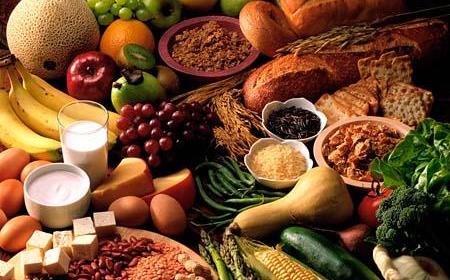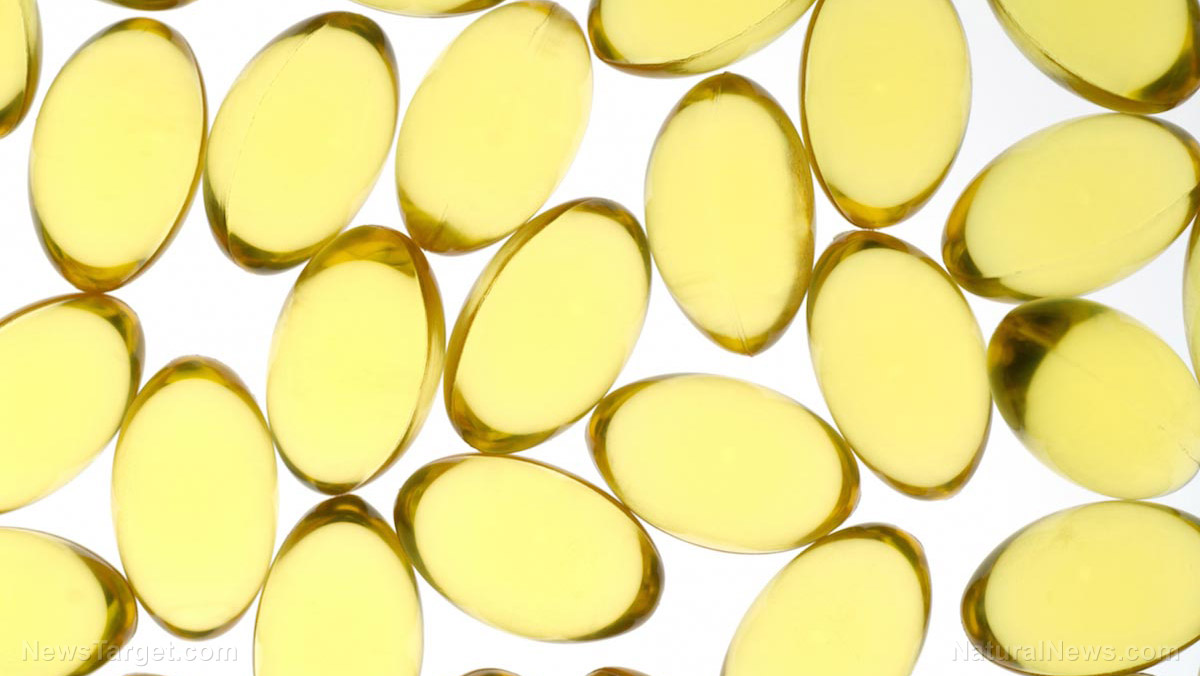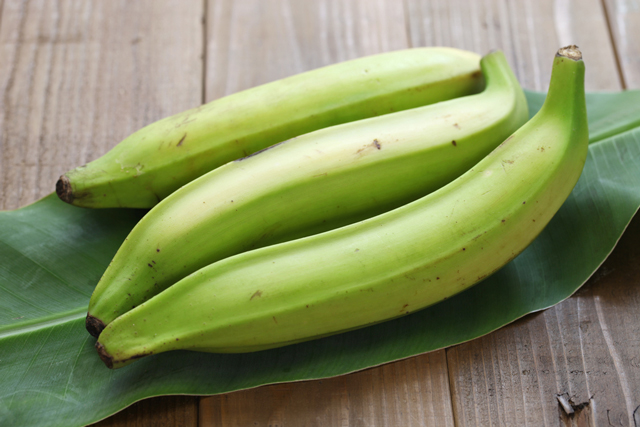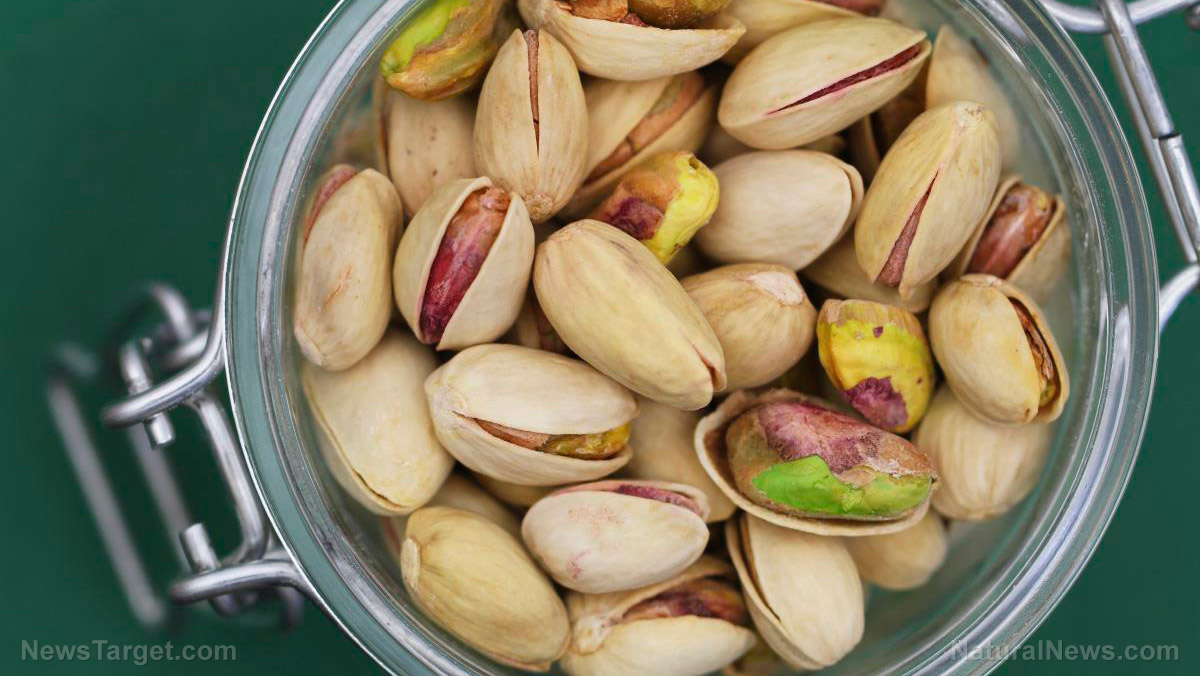Researchers boost crop production 47% by speeding photorespiration
08/14/2018 / By Edsel Cook

Natural proteins are just as important for plants as they are for humans. In an article on Science Daily, researchers described how higher levels of a particular factor, H-protein, could improve the photorespiration of plants, which would in turn greatly increase the yield of the crop.
The H-protein in question is usually found in the leaves of plants. It is involved in photorespiration, a recycling process that is in many ways the opposite of photosynthesis.
Photorespiration recycles toxic chemicals that are produced by the plant and turns them into useful products. It is an energy-intensive process that consumes oxygen and generates carbon dioxide. Plants can expend up to half of their energy on photorespiration.
Researchers from the University of Essex have been studying how to raise the amount of the H-protein in plants. They released their findings in the science journal Plant Biotechnology Journal.
Earlier trials used a type of rockcress (Arabidopsis) as their model. The rockcress is small and well-understood, making it perfect for indoor laboratory work.
The new evaluation of H-protein-rich crops took place in an outdoor field. The two-year study aimed to simulate growing conditions found in the real world. (Related: Biggest LIES of 2018 – including toxic twists of news about medicine, food, agriculture and politics.)
Higher H-protein and improved photorespiration leads to higher crop yields
The researchers used a tobacco crop that produced higher-than-normal levels of the H-protein and increased amounts of photorespiration. Tobacco is the most common test plant as it is a common crop and grows very quickly during outdoor field experiments.
The researchers reported that increasing the amount of H-protein in the leaves of the plant improved the yields of the crops by as much as 47 percent. However, the improved crop yield came at a price.
The higher levels of H-protein and energy-intensive photorespiration also slowed down the growth and metabolism of a plant. Four-week-old plants were half the size of their ordinary equivalents.
“Plant scientists have traditionally used promoters that express proteins at high levels throughout the plant, and there are many examples where this has worked really well,” remarked Patricia Lopez-Calcagno, the lead author of the Essex study. “But for the H-protein, we showed that more is not always better demonstrating that when we translate this method to other crop plants, we will need to tune the changes in protein to the right levels in the right tissues.”
Her co-lead author, University of Illinois researcher Paul South, added that the yield hit caused by photorespiration would rise as the temperature of the growing season goes up. Tougher plants that can flourish despite the stress of rising temperatures will be able to produce more food in hotter regions of the world.
Heat-resistant plants will benefit poor farmers in hot regions
Having shown that high H-protein levels improved the yield of tobacco crops, Lopez-Calcagno, South, and their colleagues are planning to apply their discovery to other critical agricultural plants. They are considering testing out cowpeas, soybeans, and especially cassava.
Cassava is a major root crop found in tropical regions. It helps feed more than a billion people in the world.
Improving the yield of these important crops would be a boon for farmers in the poorer areas of the world. Smallholder farmers in sub-Saharan Africa and Southeast Asia stand to benefit from high-yield crops that can tolerate the heat of the tropics and deserts.
The researchers believe they could boost the crop yields even further by taking advantage of the developments of the separate RIPE project. Their H-protein-based method could be combined with a RIPE method that reduced the stress on the plants by speeding up their adaptation to changing light levels.
Want to keep track of the latest developments on food crops? Visit FoodScience.news.
Sources include:
Tagged Under: agricultural crops, agriculture, Cassava, cow peas, crop production, discoveries, food crops, food science, harvest, photorespiration, photosynthesis, Plants, Soybeans, Tobacco



















